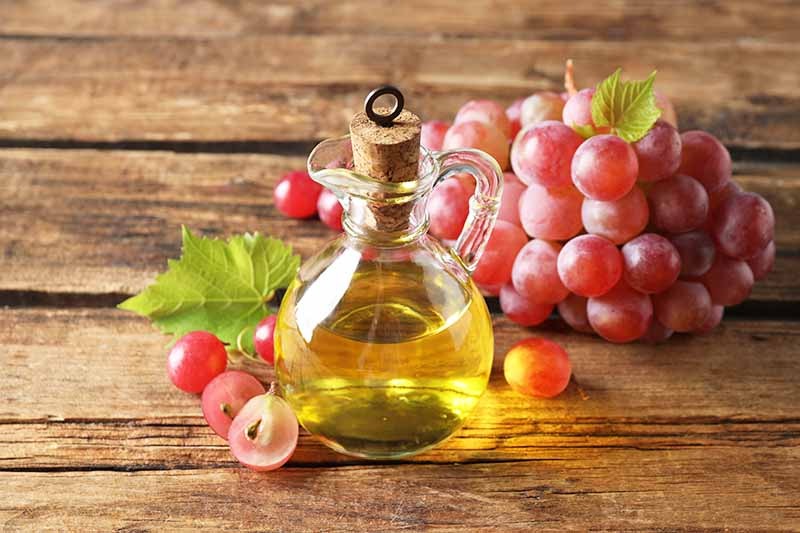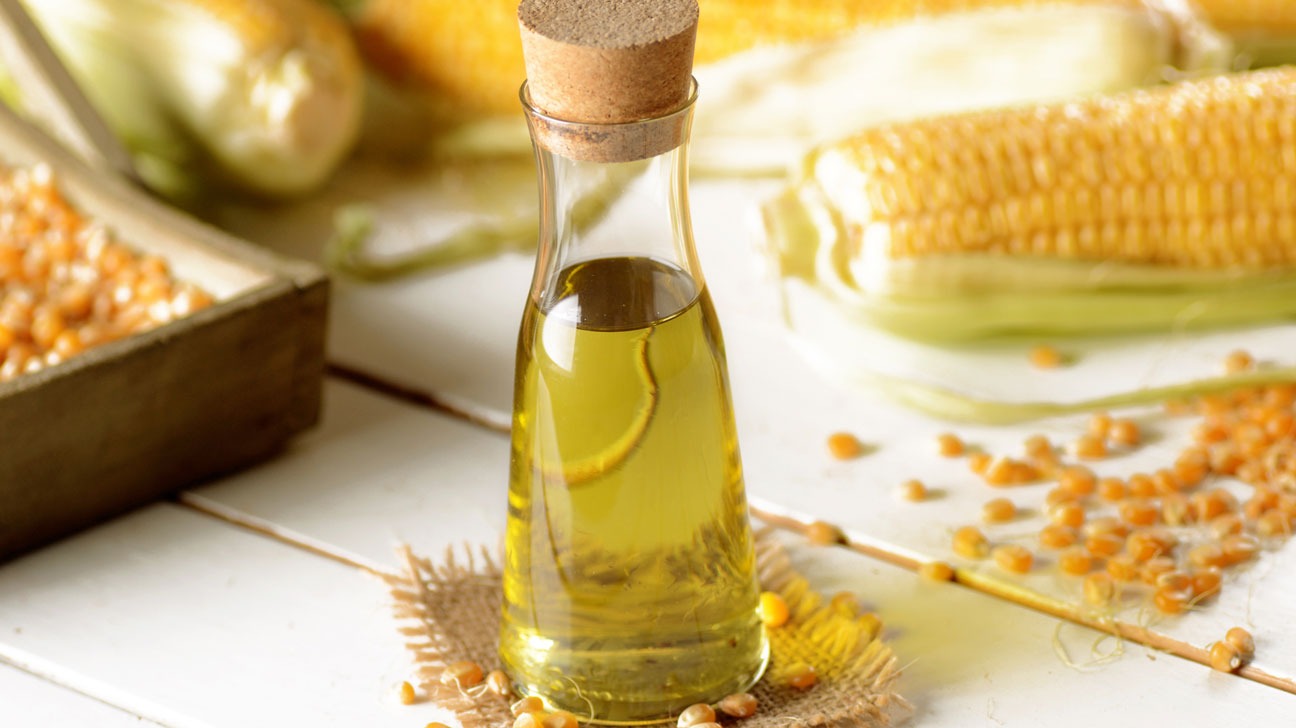Keeping your kitchen drain clean is essential for maintaining a functional and hygienic kitchen. It is usually at the heart of a functioning kitchen, making the task of knowing how to clean kitchen drain indispensable. In this comprehensive guide, we will delve into the best methods and tips to clean your kitchen drain effectively.

Why is it Important to Keep Your Kitchen Drain Clean?
The kitchen drain is a high-traffic zone for all types of residue, from food particles to grease. Over time, these particles accumulate, leading to clogged drains that can become a breeding ground for bacteria and unpleasant odors. Regular cleaning helps to:
- Prevent blockages
- Avoid strong, unpleasant odors
- Reduce the risk of bacteria
- Prolong the life of your drainage system

Basic Tools Needed
Before we dive into various cleaning methods, it's essential to have a basic toolkit ready. Here are some common tools:
- Rubber gloves
- Baking soda
- Vinegar
- Boiling water
- Plunger
- Drain snake
- Old toothbrush

Step-by-Step Methods to Clean Your Kitchen Drain
1. Boiling Water
This is the simplest method, but can be highly effective for minor clogs. Pouring boiling water down the drain can dissolve or loosen up grease and grime, making it easier to flush them out.
2. Baking Soda and Vinegar
Baking soda and vinegar are a power couple when it comes to cleaning:
- Pour half a cup of baking soda down the drain.
- Follow it with one cup of vinegar.
- Let it sit for about 15-30 minutes for maximum efficacy.
- Flush with boiling water.
3. Plunger
This tool isn't just for toilets. Kitchen sink plungers can effectively loosen up the blockage:
- Cover the drain completely with the plunger.
- Push down and pull up with a strong, rapid motion.
- Repeat until the drain seems to clear.
4. Drain Snake
For more stubborn clogs, a drain snake can get the job done:
- Insert the snake into the drainpipe.
- Push it down until you feel resistance.
- Rotate and maneuver the snake to break up and entangle clogs.
- Remove the snake and allow water to run to check if the blockage is cleared.

Preventive Measures
While knowing how to clean the kitchen drain is crucial, preventing clogs is even better:
- Place a mesh screen or drain catcher to capture large food particles.
- Avoid pouring grease down the drain.
- Run hot water down the drain after each use to clear minor residues.
- Consider using a garbage disposal with caution and regular maintenance.
Natural Remedies
Lemon Juice and Baking Soda
Lemon juice along with baking soda can help remove grease and other sticky particles:
- Sprinkle about half a cup of baking soda into the kitchen drain.
- Pour a cup of lemon juice on top.
- Let it sit for 15 minutes.
- Finally, flush the drain with boiling water.
Salt and Hot Water
This combo works well for breaking down grease:
- Pour half a cup of salt down the drain.
- Immediately follow with boiling water.
- Flush again with tap water to clear remaining residues.
Using Commercial Cleaners
While many people prefer natural remedies, there are commercial products designed specifically for kitchen drains that can be effective. Always follow the manufacturer's instructions and use these chemicals as a last resort.
Enzyme Cleaners
These products use natural enzymes to eat away the organic materials causing the clog.
Caustic Cleaners
These are generally more potent and can dissolve even tough clogs quickly but must be handled with care.
Maintaining Clean Kitchen Drains
Once your kitchen drain is clean, it's important to keep it that way:
- Regularly clean the drain catcher or strainer.
- Pour boiling water down the drain weekly.
- Periodically use a baking soda and vinegar solution to prevent buildups.
- Avoid flushing down harmful materials like oils, coffee grounds, or fibrous foods.
FAQ
How often should I clean my kitchen drain?
It is recommended to clean your kitchen drain every few months or as soon as you notice a slowdown in water drainage.
Can I use bleach to clean my kitchen drain?
While bleach can be used, it's not always the best option as it can be harmful to pipes over time. Natural methods like baking soda and vinegar are safer and effective.
What should I do if my drain remains clogged?
If your kitchen drain remains clogged even after using all suggested methods, it might be best to consult a professional plumber.
Learn more about unclogging kitchen drains
As an Amazon Associate, I earn from qualifying purchases.






Leave a comment
This site is protected by hCaptcha and the hCaptcha Privacy Policy and Terms of Service apply.